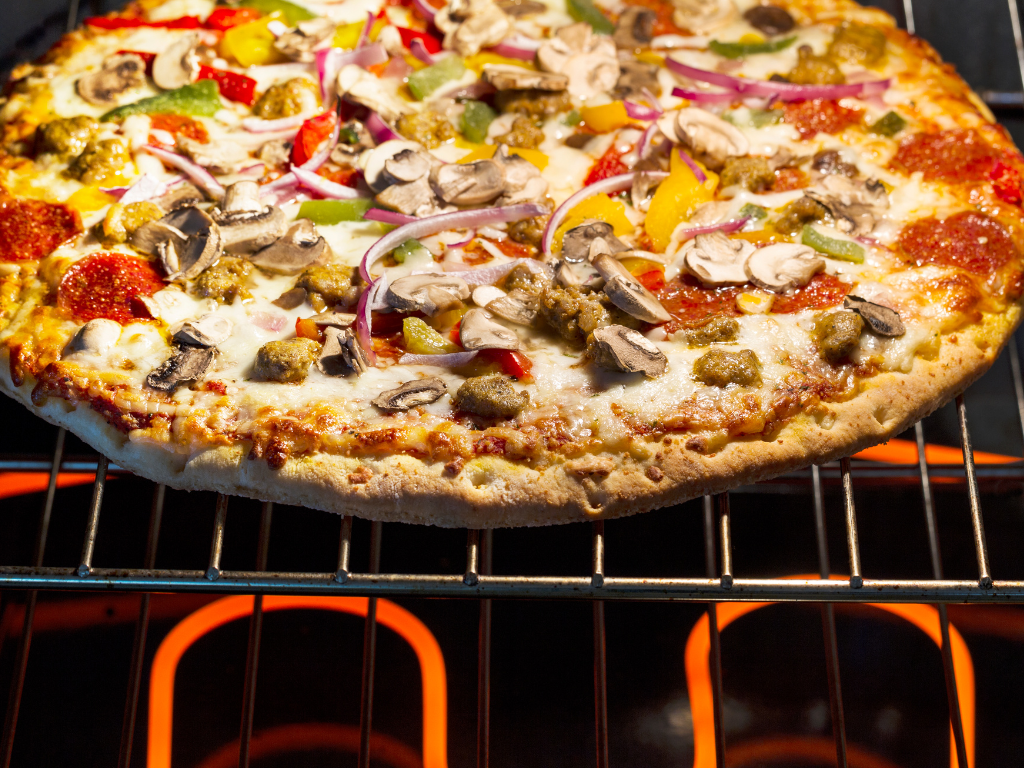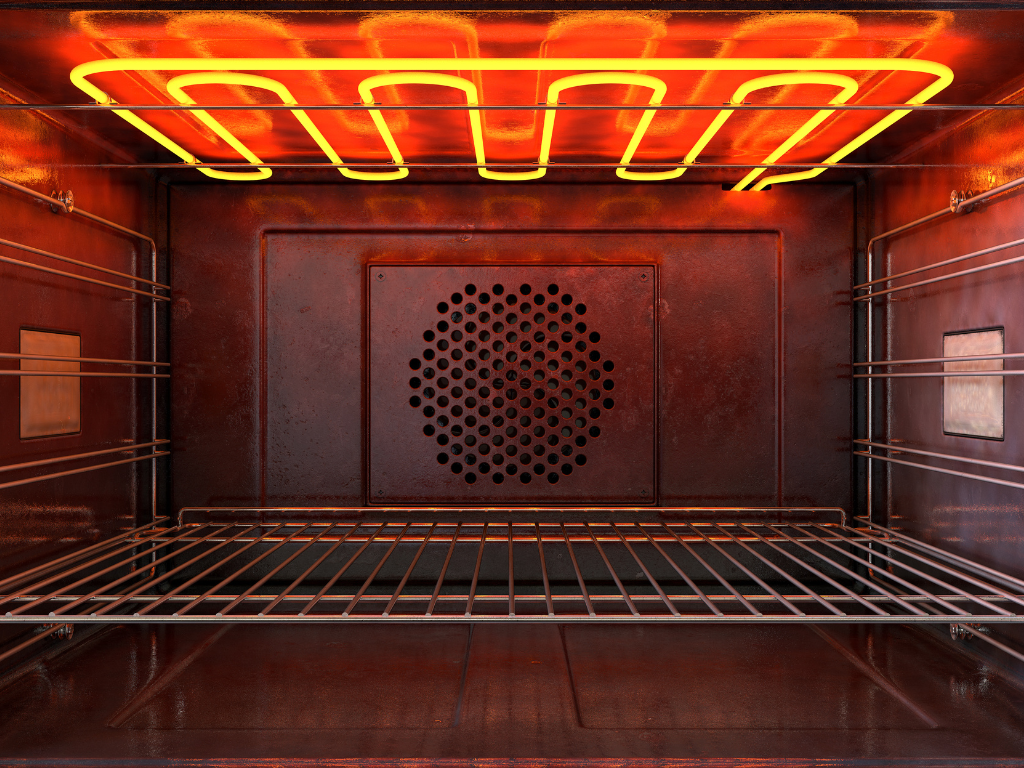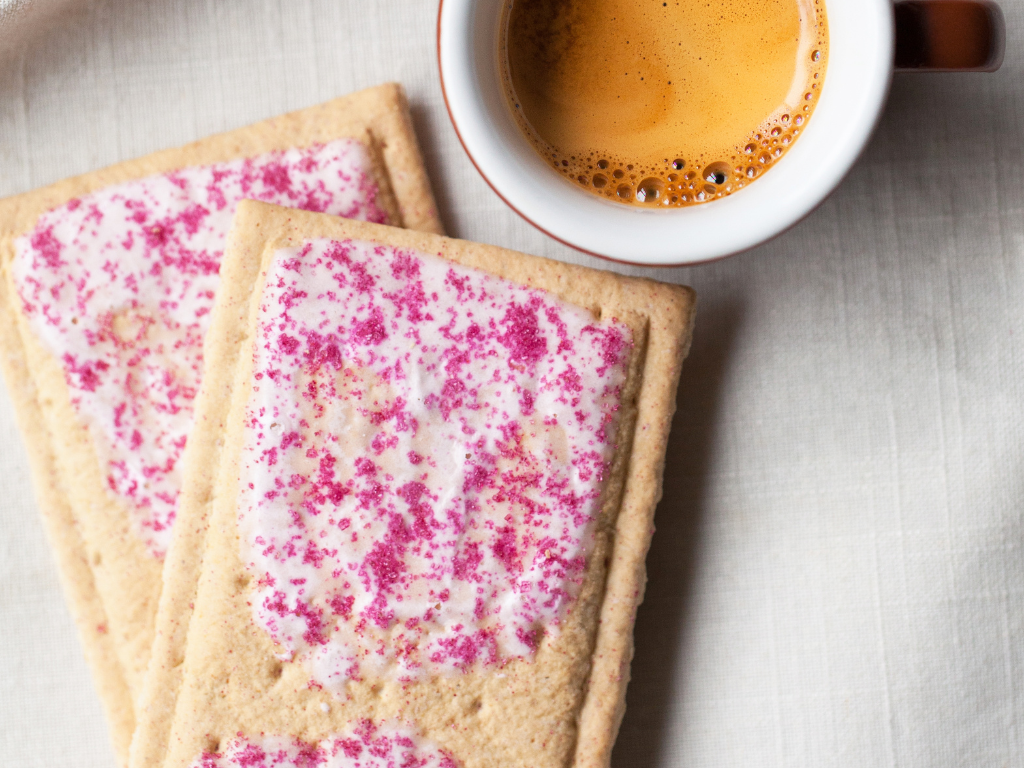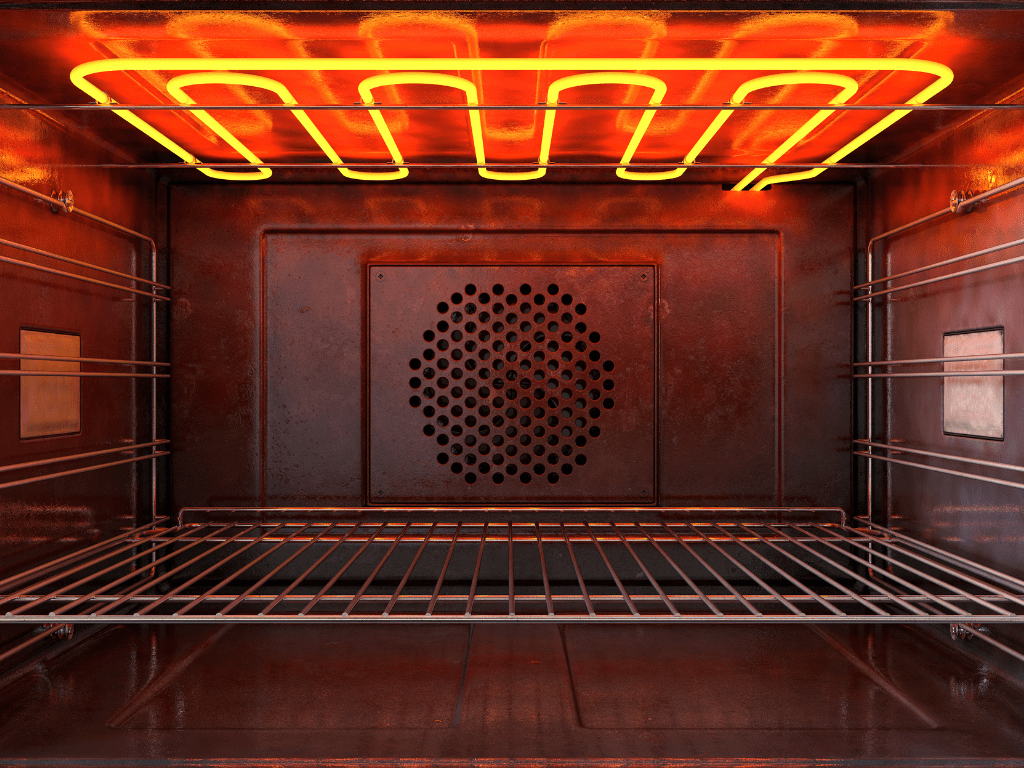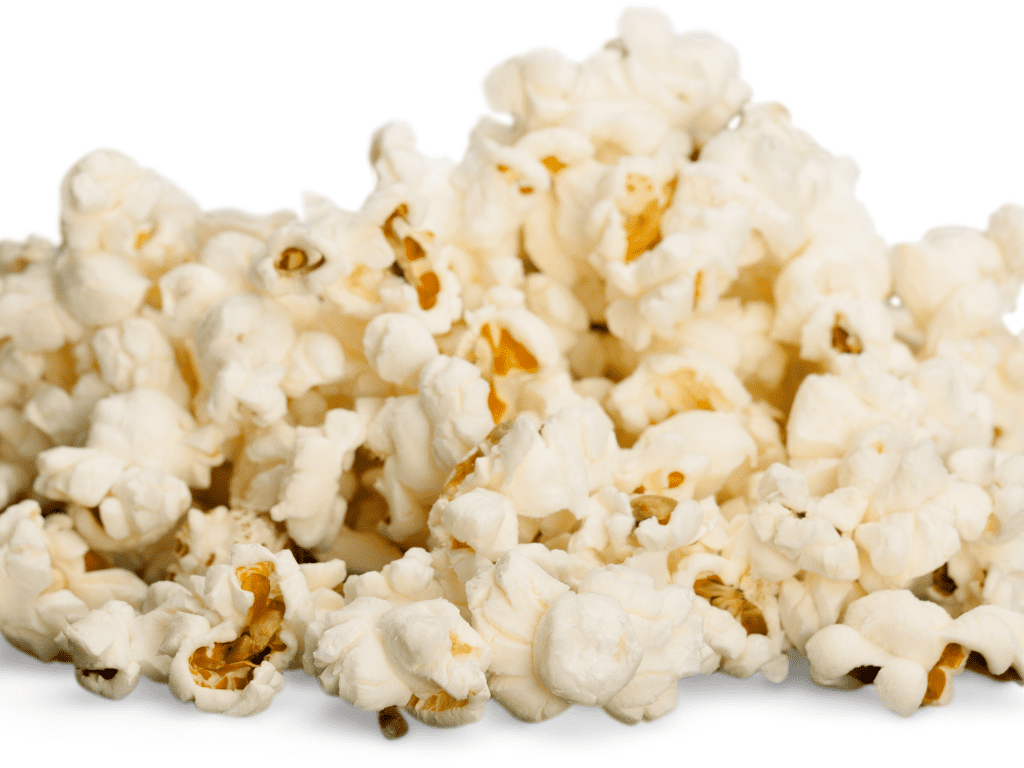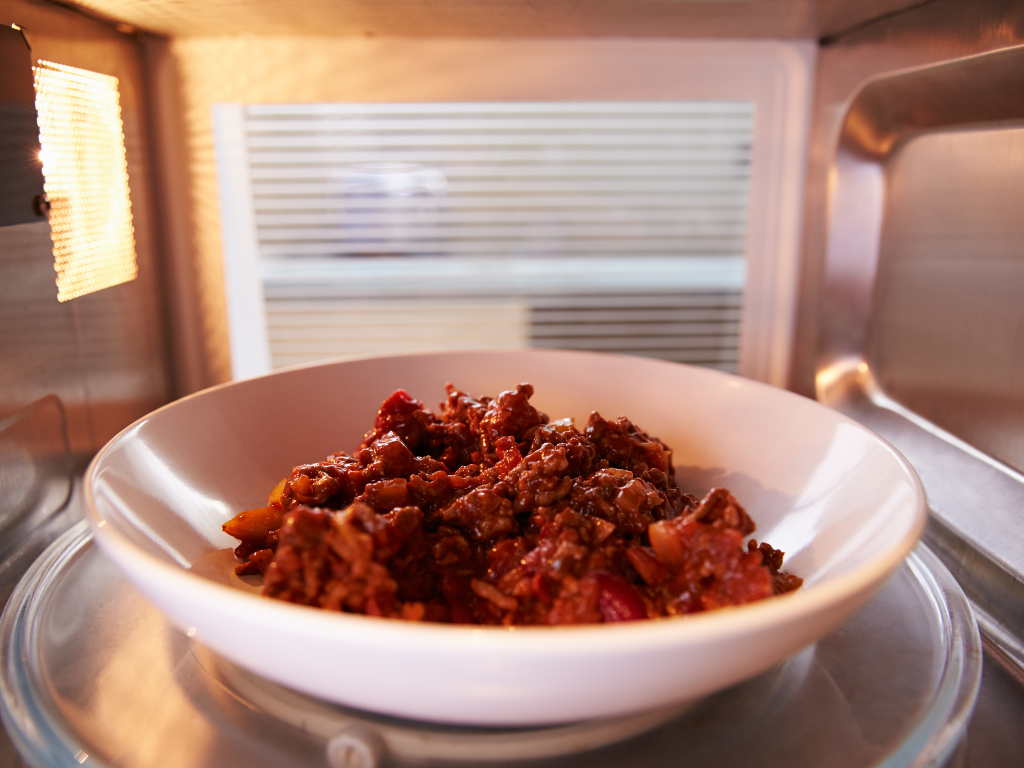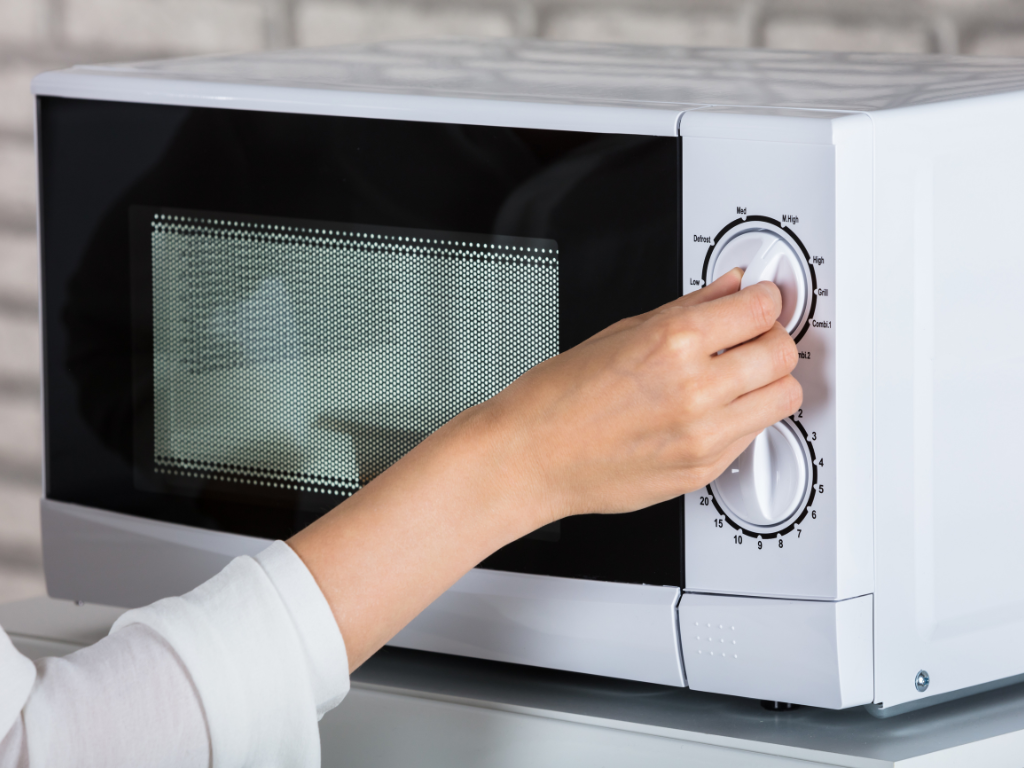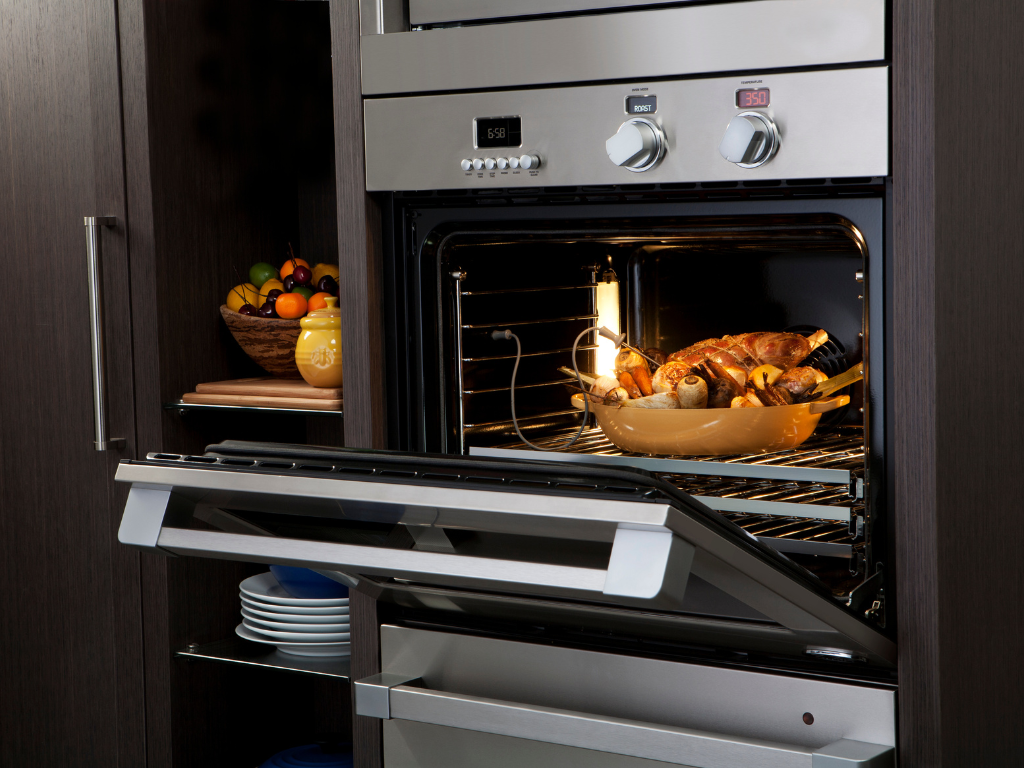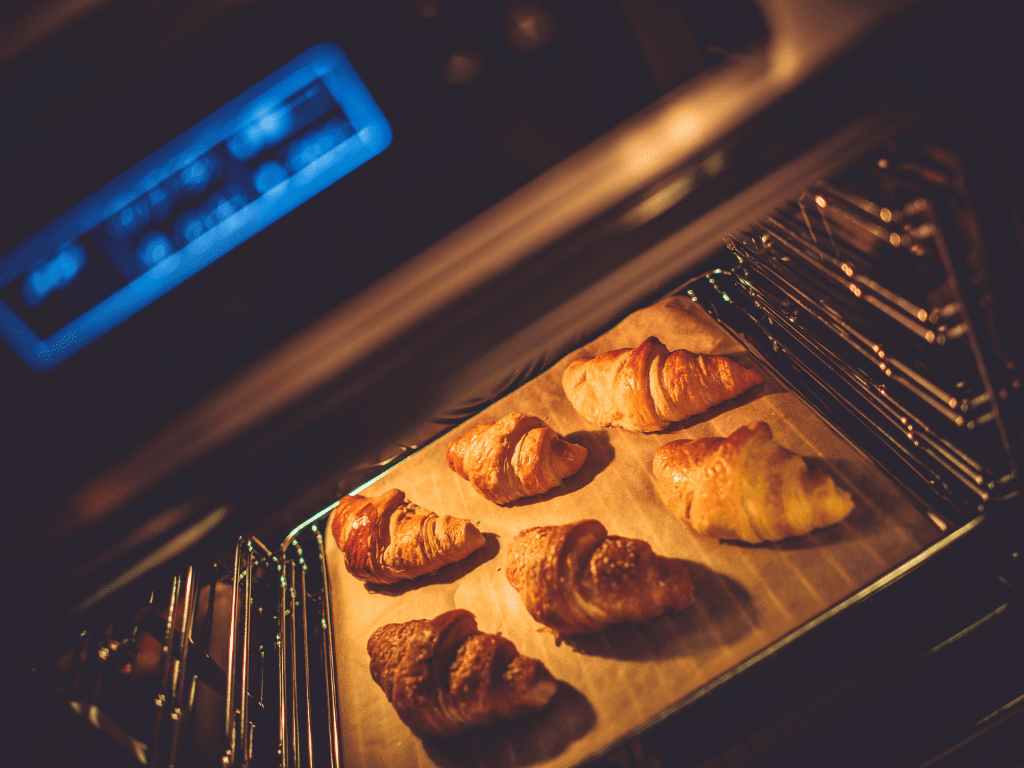
The FDA requires that pure vanilla extract be refrigerated at 40°F or below.
Vanilla extract needs to be kept in the refrigerator because many spices in the extract, such as clove and nutmeg, can oxidize when exposed to warmth and lose their flavor.
Vanilla beans are painstakingly grown over a period of three years before they are ready for extraction. The best quality vanilla extract comes from Madagascar, which has ideal climates for growing vanilla beans.
Pure vanilla extract is much more expensive than imitation vanilla extracts because it takes so long to produce at high quality.
Pure vanilla extract is made by percolating vanilla beans in a mixture of ethyl alcohol and water. This allows the flavors to infuse, rather than being cooked out of the beans.
Pure vanilla extract is best stored in glass bottles, because plastic can react with the alcohol and change the flavor.
This article contains incorrect information about pure vanilla extract, because there are no spices in pure vanilla extract (vanilla bean infusion).
When stored properly, vanilla extract will keep indefinitely, but using it within five years will allow for best flavor and aroma. Do not refrigerate or freeze, even after opening.
Properly stored in a cool, dark area, the shelf life of pure vanilla extract is indefinite ; if exposed to highs levels of heat, moisture and light, pure vanilla extract may lose some of its potent aroma and flavor over time or develop a hazy appearance, but the vanilla extract should still be safe to use.
Vanilla extract should, and usually does, come in a dark-colored bottle to keep light out . Vanilla beans should be moist, not dry. You can tell by shaking the bottle. “If it even remotely makes a clinking sound, absolutely not,” Nielsen says.
Unless you keep the bottle or vial of vanilla extract unsealed, it probably won’t go bad . Vanilla extract imitation will retain quality (or most of it) for a couple of months, maybe even years past its date. Pure vanilla extract lasts years, and many sources say it can pretty much last indefinitely.
Basically, for baked goods, imitation vanilla flavor will be fine. In low-heat sweets, such as puddings, pastry creams, and icings, the taste difference is more noticeable. For best results, use pure vanilla extract (or paste) for no-bake treats, simmered sauces and custards, and frozen desserts.
Vanilla extract is best stored at a cool to moderate room temperature (60-80°F) and in a dark environment. Kitchen cupboards are usually a great place to keep your vanilla extract, as long as you do not store it over a stove or near a heat source.
If you plan to give the vanilla extract away as gifts, I suggest using 4-ounce dark glass bottles , such as these Amber Boston Round Glass bottles. It’s best to use dark glass bottles like this to preserve the brewing process. I created labels on my computer and printed them out on sticker paper.
Feel free to decant the extract into a glass container if you wish. The plastic is food grade, but it will keep as well in glass as in plastic. Store ground vanilla bean powder in the same way you would store vanilla beans.
Because vanilla extract is sensitive to heat and light , keep the bottle in a cool, dark place; it should last for up to a year. And, if there’s a bean in it, may even get stronger.
When stored properly, vanilla extract will keep indefinitely , but using it within five years will allow for best flavor and aroma. Do not refrigerate or freeze, even after opening. What is the shelf life of my vanilla beans? When stored properly, two years.
Can You Get Sick From Expired Vanilla Extract? No, it’s highly unlikely you’ll get sick from expired vanilla extract . The expiration date on the bottle is more of a recommended “use by” date.
If vanilla extract has gone bad, the pleasant aroma will be gone and with it much of the vanilla flavor . You may also see some sediment in the bottom of the bottle and the vanilla extract may appear cloudy. You can still use it, but the vanilla extract will not have as much flavor.
Pure vanilla extract has an indefinite shelf life and doesn’t really go bad. Please note that the extract has an alcohol base, and alcohol tends to very slowly evaporate after the first opening of the bottle. That means that after a few years you might notice that the flavor of the extract is slightly more intense.
The word “pure” signifies that the vanilla extract is made from only natural vanilla beans, water and alcohol. … Most imitation vanilla extracts are a weak solution of naturally derived (from lignin or wood pulp) or artificially derived (synthesized in a lab) vanillin.
Pure vanilla is absolutely worth the price . It adds a distinctive warm, round, sweet note to anything it is added to. Extract adds a hint of this, but the real thing instantly brings your baked goods and desserts to a much higher level. I don’t ever think it should be optional, even though it’s often listed as so. 02-
When taken by mouth: Vanilla is LIKELY SAFE when taken by mouth in amounts commonly found in foods. However, some people are allergic to vanilla. It might also cause headache and sleep problems (insomnia), especially for people who manufacture vanilla extract.
Why is vanilla extract so expensive? … Over 80% of the world’s vanilla is grown on the island of Madagascar , which has been recently hit with terrible weather. Failed crop yields have caused the prices of vanilla beans to soar to nearly $600 per kilogram, which is 10 times more expensive than it was a few years ago.
Can vanilla extract be left out?
Vanilla extract can be left out, but you need to make sure the bottle is tightly sealed and the contents are dark. If you’re leaving it out in a warm kitchen, it could cause mold to grow.
A little discoloration will occur in vanilla extract once it is opened, but that doesn’t mean it’s no good anymore. The color change is due to absorption of atmospheric moisture (a form of oxidation), which causes the alcohol content to evaporate at a very slow rate over time. The vanilla extract won’t go rancid because of this process and may turn into a thick syrup with little flavor over many years, but will still be safe for consumption.
If you’re keeping it in the pantry, it’s okay to leave the bottle open. However, if you have a bottle of vanilla extract in the fridge, make sure to close it tightly when you take it out because moisture from the air will continue to affect it.
How do you know if vanilla extract is bad?
Vanilla extract has a very short shelf life. If you have the bottle open in a cupboard, it will probably be okay for about one year (it’ll keep for much longer than that, but remember, a little bit of vanilla goes a long way). The extract gets a little more diluted after that, but will still keep for many years in good condition.
If you leave it open in the pantry, it should be fine indefinitely. It’s advisable to use only small amounts so that you don’t waste any of your precious extract.
If you’re using it in cake or pastry recipes, we don’t recommend using extracts past the “use by” date because spices and extracts often go bad at the same time. You can always go by the aroma which will tell you if it’s still safe to use.
How do you store vanilla extract?
Vanilla extract is best stored near a cool, dark place where it will stay fresh for months. You can keep the bottle in a cupboard or maybe on a window sill and turn the bottle upside down every few days to replace any condensation that builds up in the bottle. I also like to store mine in old pill bottles.
You can also store the extract in an airtight container, but it shouldn’t be exposed to light or heat. It might keep in a cool, dark pantry for many years.
How long does vanilla extract last?
Vanilla extract must be used within a very short time, but the taste and aroma will stay fresh for years. It’s not recommended to store it in the refrigerator because it will lose some of its flavor and aroma.
What are the best brands of vanilla extract?
I’m not a great fan of extracts, as they tend to be too watery and artificial tasting, but sometimes they do come out with some excellent products. I like Allen’s and McCormick. For homemade vanilla extract, I’d recommend making it with a real vanilla bean, like these ones from Penzey’s or using alcohol only (the most expensive way).
Can vanilla extract get bad?
Like any other food, vanilla extract is prone to spoilage in the fridge. It will go bad at some point, but it’s not likely that it becomes moldy because of the alcohol present in the solution. However, if you over-refrigerate it or keep it under too much heat, you might ruin the extract.
I’ve heard people claim that there are bacteria and fungus that live inside vanilla beans that can spoil the extract. This is not true. Raw vanilla beans have nothing inside them when you buy your extract and nothing can grow in it. The bean is just a part of a flower pod used for extraction.
Can vanilla extract grow mold?
I’m going to say no here because vanilla extract is made with alcohol, which is anti-fungal. Mold requires certain circumstances to grow such as moisture and a nutrient source. The alcohol in the extract will slow down or even prevent the growth of mold, especially if you’re using a well sealed bottle.
The label on my bottle of vanilla extract says ”Do not refrigerate”. Is it safe then to leave it out?
Yes. For example, McCormick’s vanilla extract does not need to be refrigerated, but it can be stored there once it’s opened (just make sure to replace the lid tightly). It will still be good for about a year after that time.
Should vanilla extract smell like alcohol?
Vanilla extract is made with a mixture of alcohol and water. This mixture should smell like vanilla, with very little alcoholic odor. It doesn’t have to smell much like alcohol because the amount of alcohol added is so low (about 12% for most brands).
The label will tell you that the product contains natural and artificial flavors, which means that it didn’t contain vanilla beans at all (unless it specifically states ‘made with real vanilla’).
I’m a fan of vanilla extract and I don’t buy it often. Instead, I make my own with real vanilla beans, which is very easy to do. When I read the stories about people wasting their money on bad bottles of vanilla extract and how those bottles have been leaking due to poor packaging, it’s kind of disheartening. On the other hand, you can use the name ”natural” or ”artificial flavors” to tell you that nothing should grow inside your bottle because there is nothing inside the ingredient list.

